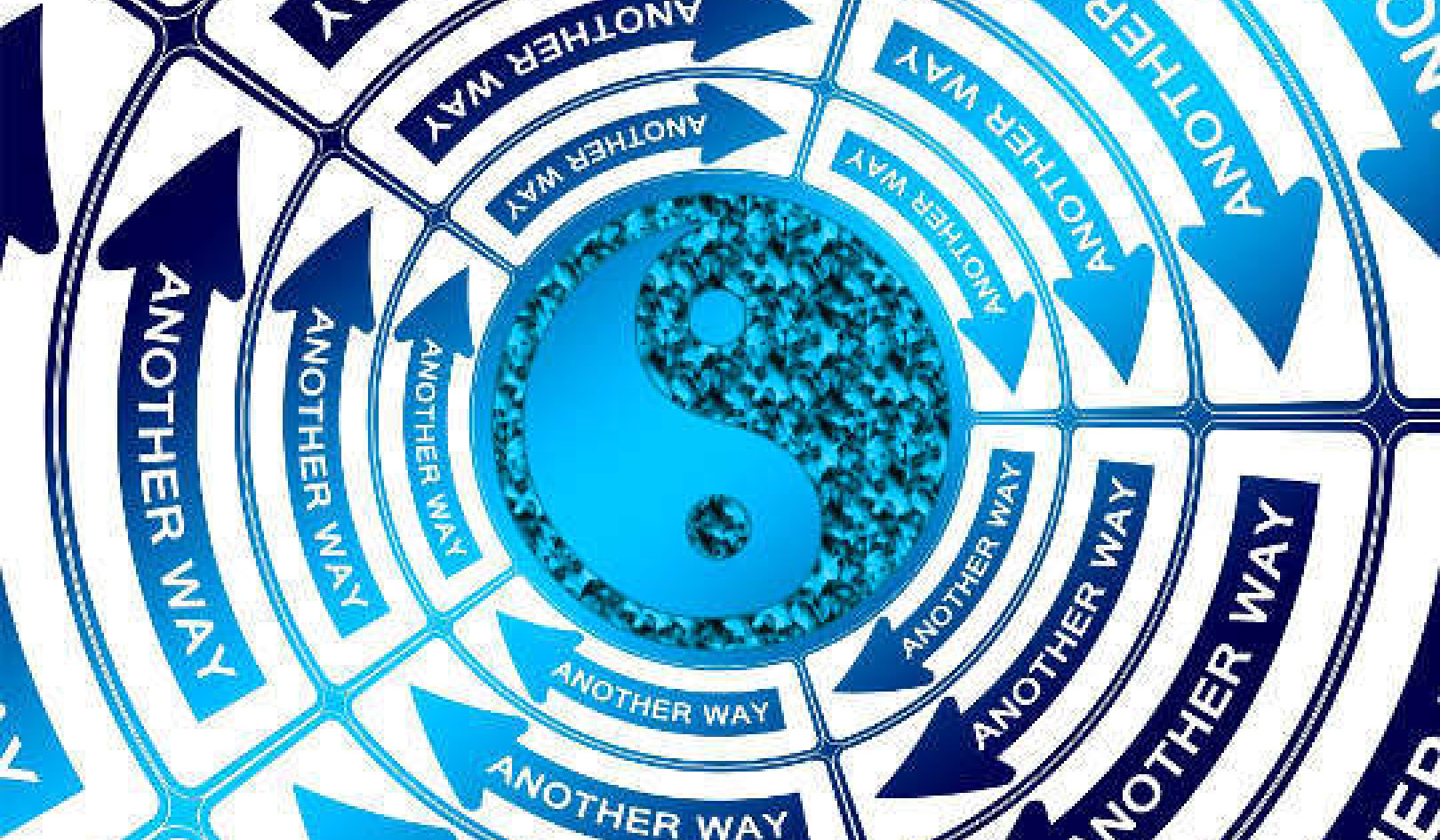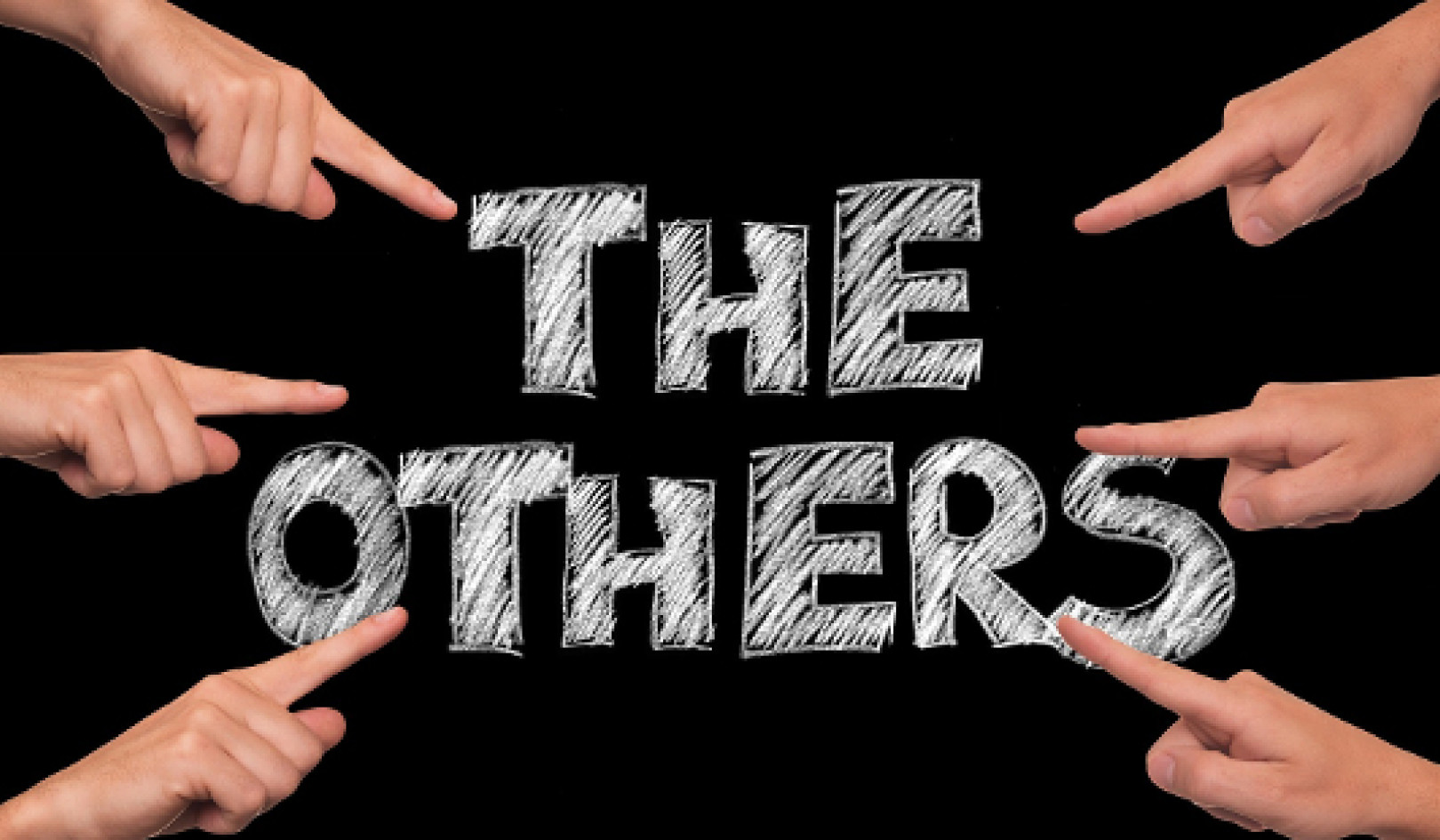Written by Serge Kahili King. Narrated by Marie T. Russell
The most important thing to consider right off is that there is no right way to interpret a dream, because interpretation, a form of translation, is entirely subjective. I remember an assignment in a Chinese language course where we had to translate a poem called “The White Pony.” There were five different translations turned in and the teacher said every one of them was correct. Translating or interpreting dreams presents the same problem. However, you will find that some ways to interpret dreams are more useful than others for specific dreams.
The next most important thing to consider is that when you give others the authority to interpret your dreams, you are buying in to their beliefs, expectations, biases, and prejudices, instead of yours. What they may say about your dreams might or might not be useful, but it can never be as good as what you yourself might think, because, after all, they are your dreams, not theirs.
Dreams as Metaphor
A metaphor is a word or phrase used to describe something to which it does not directly apply. Many dreams can be interpreted in this way. Diving deeply into an ocean can relate to diving deeply into one’s subconscious; rising high in an elevator could mean a desire to elevate oneself; losing one’s keys might mean the fear of not being able to unlock a problem; clothing issues could refer to habits, since habit is also an old word for clothing, or it could refer to covering up something or revealing something; urination might be the need to get rid of something toxic in your life; and so on.
Commonsense Interpretation
This is something anyone can do. All you have to do is to look at your behavior and the behavior of others in your dream, as well as the things you interact with, and interpret them the same way you would for what happens in Waking Life, ignoring any strangeness. Encountering obstacles could reflect frustrations you are feeling. Intersections could represent choices you have to make. Friends could mean available help, and enemies could be conditions or even people in your way. Here are some more specific examples...
Continue Reading at InnerSelf.com (plus audio/mp3 version of article)
Music By Caffeine Creek Band, Pixabay
Narrated by Marie T. Russell, InnerSelf.com
About the Author
 Serge Kahili King, Ph.D., is the author of many works on Huna and Hawaiian shamanism, including Urban Shaman and Instant Healing. He has a doctorate in psychology and was trained in shamanism by the Kahili family of Kauai as well as by African and Mongolian shamans. He is the executive director of Huna International, a non-profit worldwide network of individuals who have dedicated themselves to making the world a better place. He lives on the Big Island of Hawaii. Visit his website at http://www.huna.net/
Serge Kahili King, Ph.D., is the author of many works on Huna and Hawaiian shamanism, including Urban Shaman and Instant Healing. He has a doctorate in psychology and was trained in shamanism by the Kahili family of Kauai as well as by African and Mongolian shamans. He is the executive director of Huna International, a non-profit worldwide network of individuals who have dedicated themselves to making the world a better place. He lives on the Big Island of Hawaii. Visit his website at http://www.huna.net/



























